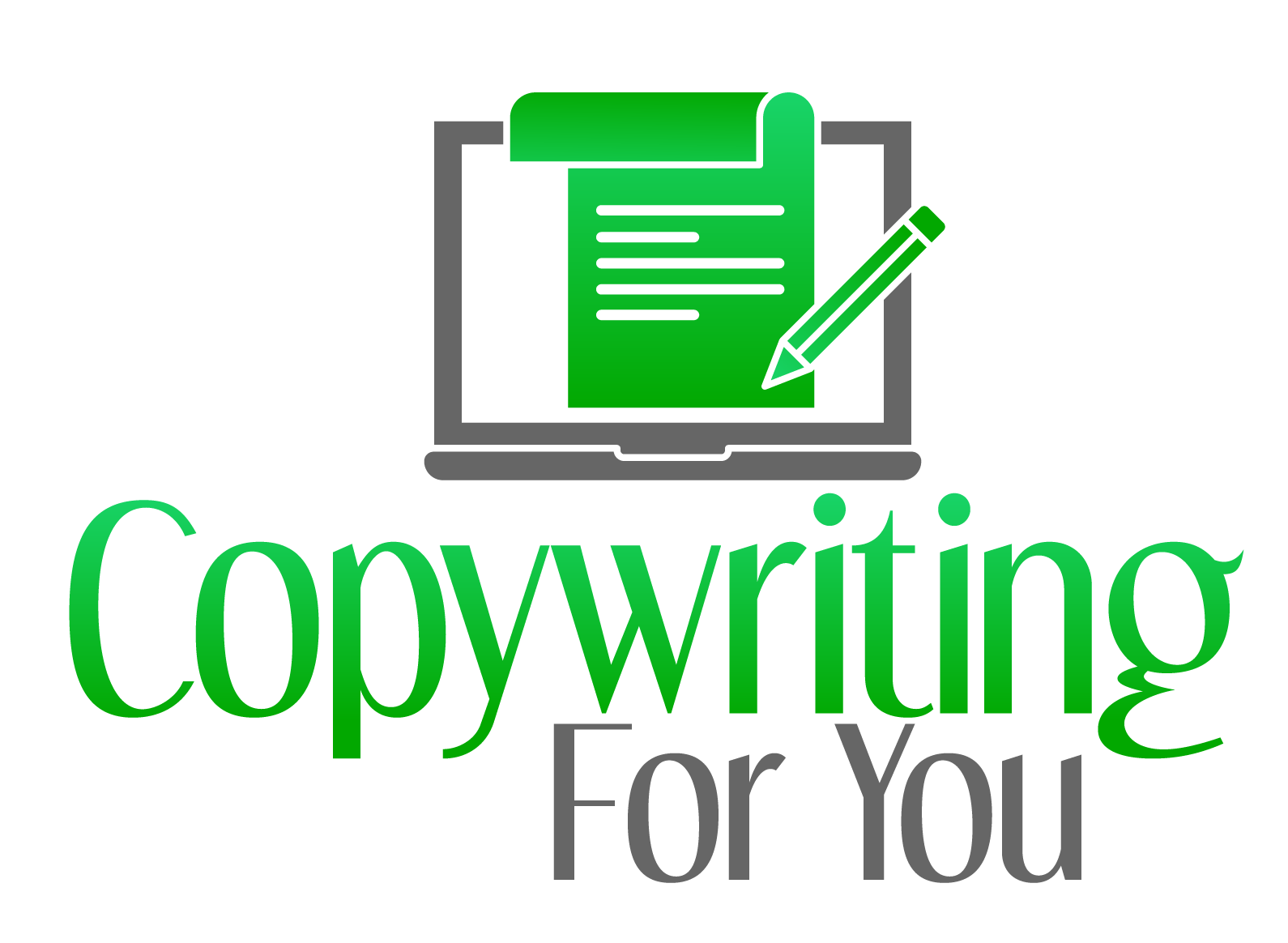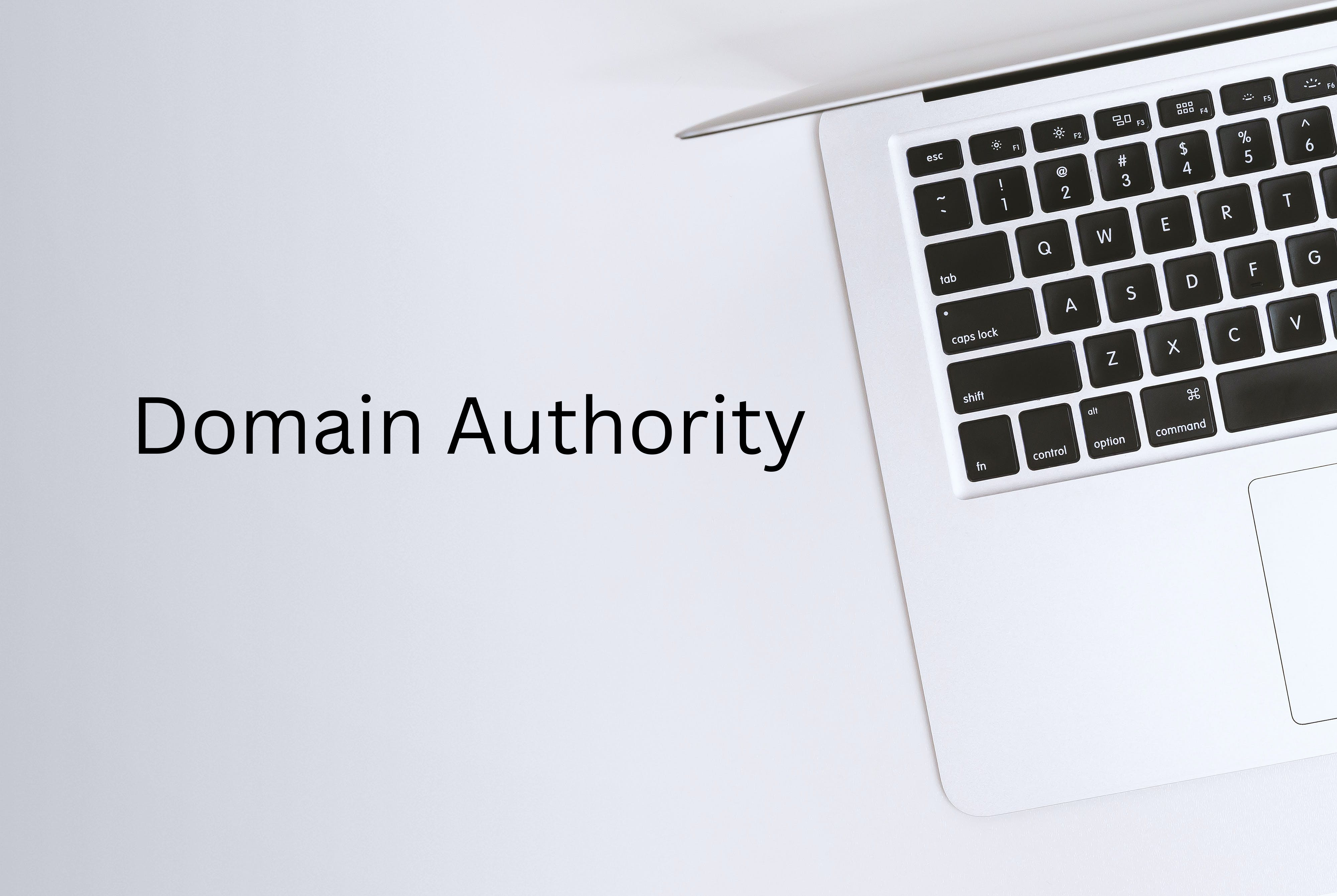
How do you make your blog more popular and higher on Google? Well, as a blogger like you, I’ve been there (and I still am there). The challenge we face early on is increasing our Domain Authority (DA), like a score that tells search engines how legit our site is.
If you’re new to blogging, boosting your website’s score (DA) is like a game plan. Start by making awesome content and picking the right words. It’s like choosing the best players for your team. Get other cool websites to link to you—that’s like making friends in the blogging world.
Every move you make, from writing great stuff to using the right words and making friends online, helps your blog get more popular. So, dive right in as I share with you the practical tips I use to increase the domain authority of my blog!
What Is Domain Authority and Why Do You Need It?
Domain Authority (DA) is like your website’s popularity score on the internet, ranging from 0 to 100. The higher your DA, the more search engines trust your site. It’s crucial because a higher DA means better chances of appearing in search results, driving more visitors to your content.
Think of it as a reputation badge for your website—establishing trust with search engines and users. To succeed online, you need a solid DA because it helps your site stand out in the vast digital space, attracting more attention and opportunities for growth. It’s like the key to unlocking visibility in the online world.
On-Page Optimization: Content is King, Consistency Its Loyal Subject
Content is the backbone of any successful blog. It’s not just about the quantity but the quality of the information you provide. Every post should serve a purpose, addressing the needs and interests of your target audience. You position yourself as an authoritative source in your niche by offering valuable and relevant content.
Tools like Google Trends, SEMrush, and Ahrefs help you get the current hot topics you need to cover in your niche.
Consistency is equally vital. Regularly updating your blog with fresh, informative posts signals to search engines and readers alike that your site is active and dependable. This consistency builds a sense of reliability, encouraging readers to return and search engines to rank your site higher.
Make a Content Calendar and Streamline the Process
In my experience as a professional freelance blogger, creating an editorial calendar can help maintain a steady flow of content. Planning your posts in advance allows you to cover diverse topics, ensuring your audience gets a well-rounded experience.
It’s important to optimize your content for search engines by weaving in keywords where they make sense. This helps search engines understand the context of your posts, improving your chances of appearing in relevant search results.
Internal Linking For the Win!
Internal linking is a powerful tool in your arsenal to elevate your domain authority. Beyond its immediate benefits of guiding readers to related content, this strategy profoundly impacts how search engines perceive and rank your website.
When you link to other relevant posts within your blog, you essentially create a web of interconnected content. This web acts as a roadmap for users and search engine crawlers, allowing them to navigate your site more efficiently.
Users who look into different topics through internal links spend more time on your site, which can reduce bounce rates and signal to the search engines that your content is engaging and valuable.
Off-Page Optimization: Backlinks Are Key to Increase Domain Authority For All Blogs
Backlinks are like commendations from one website to another. When reputable websites link back to your blog, search engines perceive it as a vote of confidence. It’s akin to saying, “Hey, this blog has valuable content worth checking out.” This vote enhances your blog’s authority in the eyes of search engines.
The more high-quality backlinks your blog accumulates, the higher its DA ascends. Consider it a popularity contest, where the more commendations you receive from respected sources, the more credible you become.
What’s the Best Way to Get Quality Backlinks?
Engaging with my blogging community has been a game-changer for acquiring quality backlinks. Actively participating in discussions, sharing insights, and offering help establishes me as a valuable member and opens doors for natural link-building. When others see the value I bring, they’re more inclined to link back to my content.
Guest blogging is a tried-and-true strategy in my toolkit. Contributing well-crafted articles to respected websites in my niche exposes my work to a wider audience and allows me to include a link to my blog in my author bio. It’s a win-win – I provide valuable content to another site, and in return, I gain a quality backlink.
Analyzing my competitors is a strategic move. If they’ve been featured on a site, there’s potential for me too. It’s not about copying but identifying gaps and offering my unique perspective to those who find their content valuable.
Mastering Technical SEO
In getting the hang of technical SEO, I’ve focused on the behind-the-scenes stuff that helps search engines understand and like my website. I ensure my site loads quickly, making it better for people and search engines. Another focus is to keep my web addresses simple and clear so everyone, including search engines, can easily find their way around.
I use something called structured data to give search engines more information about my content. It’s like giving them a heads-up on what’s on my pages so they can show it to people more accurately. I regularly check and organize my site so that search engine bots can move around it easily.
Keeping up with changes in how search engines work is essential, too. I tweak things on my site to match these changes, ensuring my stuff is good and shows up well when people look for it online. It’s like making sure my online home is tidy and welcoming for everyone.
Smart Bloggers Ensure Consistent Monitoring and Analysis
Consistent scrutiny of key metrics allows me to understand what resonates with my audience and needs improvement.
I closely monitor website traffic, analyzing which posts attract the most visitors and why. This insight guides my content strategy, helping me create more of what my audience finds valuable. Monitoring social media engagement provides real-time feedback, allowing me to adapt and engage with my audience effectively.
Understanding SEO analytics to see how my blog ranks in search engine results helps me fine-tune my approach, ensuring my content is discoverable by the right audience.
Regular analysis of user behavior on my site is vital. Knowing how visitors navigate and interact with my content helps me optimize the user experience and increases engagement and retention.
Smart bloggers recognize the importance of consistent monitoring and analysis as the compass guiding their blogging journey.
The Takeaway
You must focus on producing quality content, getting quality backlinks, and engaging with your community. Regularly monitor your blog’s performance, analyze what works, and adapt. It’s not just about numbers; it’s about building a reputable online presence. So, are you ready to boost your blog’s authority and visibility? If you have questions or need personalized advice, I’m here to help. Let’s connect and navigate this path together. Drop me a message or leave a comment—I look forward to hearing about your blogging adventures!
Leave a comment
You must be logged into post a comment.


3 Replies to “Strategies to Rapidly Increase Domain Authority: The Early Blogger’s Dilemma”
Thanks for great info I was looking for this information for my mission.
I am so pleased it was helpful to you! Thanks!
I truly appreciate your technique of writing a blog. I added it to my bookmark site list and will